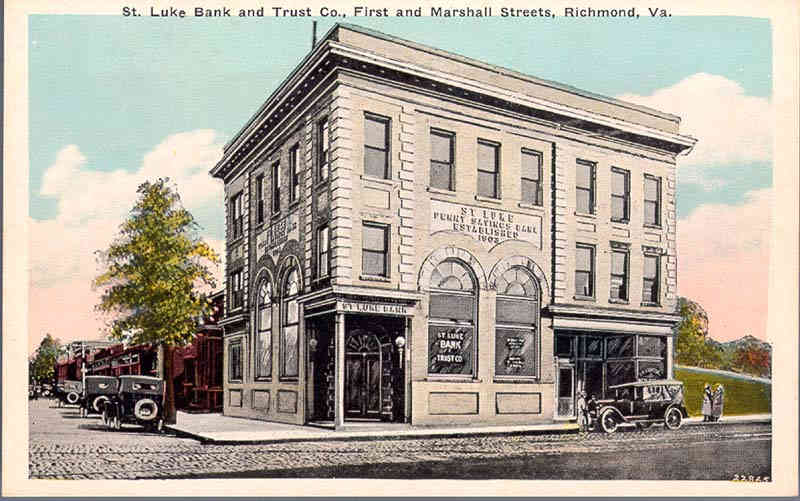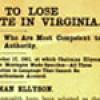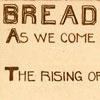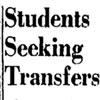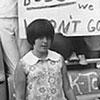Long-held ideas about race and gender made it especially challenging for African American women in Virginia. Out of necessity, many African American women worked to supplement their family’s income, but their options were limited. In urban communities, the labor market was divided along racial lines. In many cases, racial tensions prevented black and white workers from uniting to organize and fight for better working conditions and wages. The main employment open to African American women was domestic work.
Maggie Walker epitomized the efforts of African Americans to resist discrimination. The daughter of a slave, Walker became the first woman – white or black – to be president of a bank with the opening of the St. Luke Penny Savings Bank in 1903 (advertised in this vintage postcard). Walker opened the community bank for African Americans to help individuals achieve economic independence from white-owned banks and discriminatory policies.
Despite obstacles, some Virginians worked for the social equality and reforms they viewed as necessary to the New South. Progressive reformers, many of whom were women, created private societies, such as the Richmond Education Association, and lobbied for better schools and roads, child labor laws, industrial regulatory commissions, and agricultural education to increase farm productivity.
Source: “St. Luke Bank and Trust Co., First and Marshall Streets, Richmond, Va,” postcard, (Richmond, VA: Southern Bargain House, n.d.) Rarely Seen Richmond: Early Twentieth Century Richmond as Seen Through Vintage Postcards, VCU Digital Libraries, accessed September 20, 2011.


